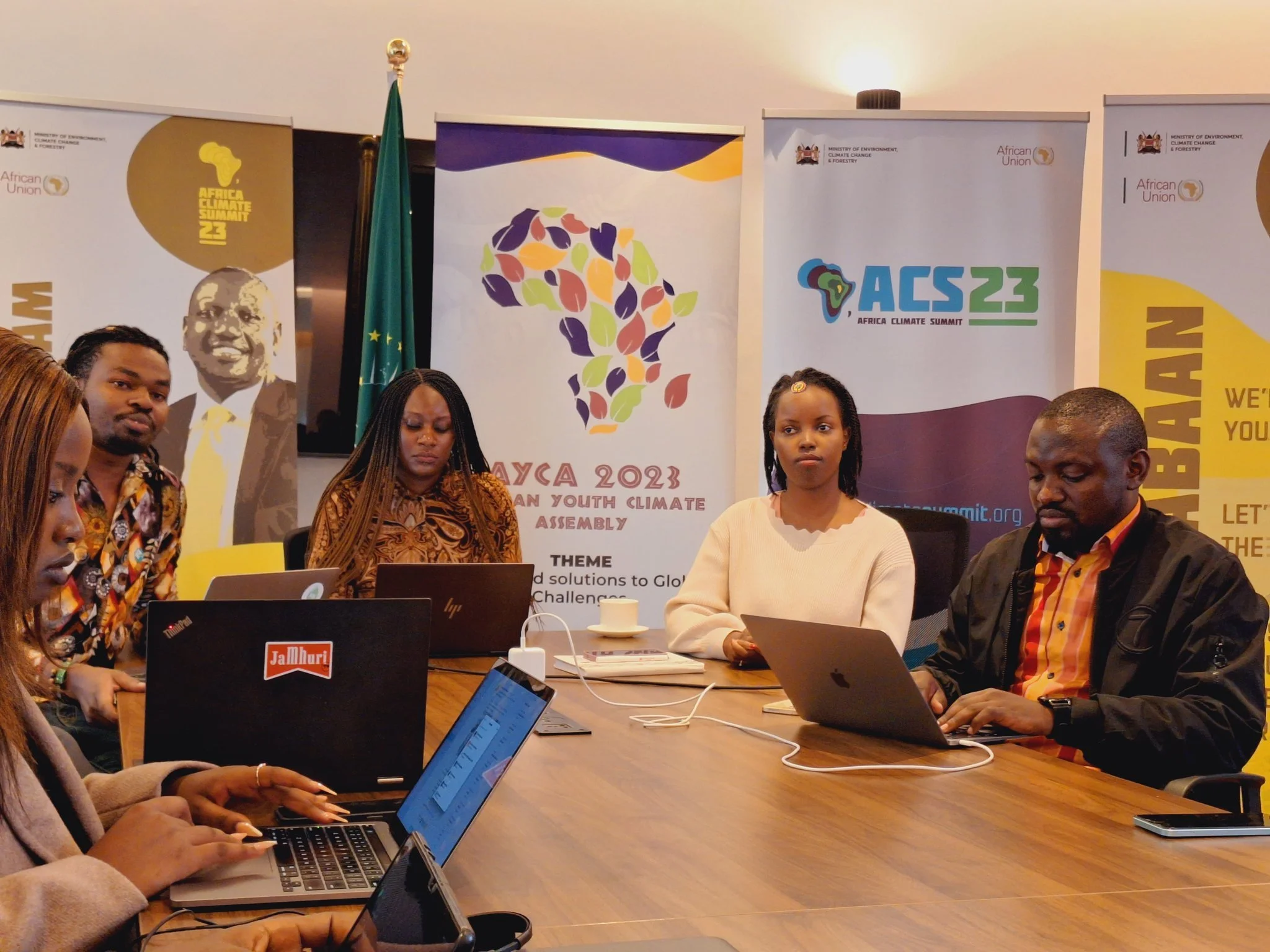In the context of significant global economic and health challenges, especially following the COVID-19 pandemic, strengthening and institutionalising social participation must be a priority to advance health and well-being. Social participation – defined as empowering people, communities, and civil society through inclusive participation in decision-making processes that affect health across the policy cycle and at all levels of the system is a crucial element of good governance for health. The policy cycle involves situational analysis, priority setting, planning, budget, implementation, monitoring, evaluation and review, which occur at community, district, regional and national levels.
World Health Organization Fourteenth General Program of Work, 2025–2028
In 2023, the Seventy-sixth World Health Assembly, having considered the report by the Director-General on sustainable financing, requested the Director-General to develop the draft Fourteenth General Programme of Work, 2025–2028 (GPW 14) in consultation with the Member States, as the technical strategy to underpin the first WHO investment round in the last quarter of 2024. GPW 14 is to replace the Thirteenth General Programme of Work, 2019–2025 (GPW 13) one year early, include a financing envelope and strong results narrative, and draw on lessons learned from GPW 13. GPW 14 will be considered for approval by the Seventy-seventh World Health Assembly in 2024, through the Programme, Budget and Administration Committee of the Executive Board at its thirty-ninth meeting and by the Executive Board at its 154th session.
General Election Process From the Ballot to the Portal
The 2022 general elections were the third general election and the fourth presidential election since the promulgation of the Constitution 2010. They were also the 7th periodic general elections since the re-introduction of multi-party democracy in Kenya in 1991. They were transitional elections for Kenya as they marked the end of the incumbent President Uhuru Kenyatta’s two terms in office. Similarly, there were 22 transitions at the county governors’ level due to the expiry of respective 2 term limits. Since the re-introduction of multi-party politics in 1991, Kenyan elections have remained very high-stakes affairs that are characterized by heightened socio-economic, political and ethnic tensions.
Nairobi Youth Statement | Make Development Work for Youth
The youths attending the Second High-Level Meeting of the Global Partnership for Effective Development Cooperation (GPEDC) are coming together and rallying for inclusive development that works for us and with us. This statement is a reflection of youth’s eagerness and strong intent to be involved and actively participate as equal and independent partners in practical development cooperation – a discourse and a process that does not only shape our societies comprehensively today but our future and those of the coming generations ahead.
African Climate Summit 2023 Commitment
An overview of agreed commitments and announcements from the Africa Climate Summit, On 4-6 September 2023, the Government of Kenya and the African Union convened the inaugural Africa Climate Summit in Nairobi. Commitments were made by governments, the private sector, multilateral, banks, philanthropists, and other organizations, that set out concrete, systematic, and sustainable plans to make the step change that is needed to progress towards Net Zero and international climate goals on finance and adaptation.
African Youth Climate Assembly 2023 Declaration
The Declaration set out the ambition of the Africa Youth Climate Assembly as a precursor to the inaugural African Union Heads of State and Government Africa Climate Summit (ACS) with the outcomes of the Assembly feeding into the African Heads of State and Government Nairobi Declaration. Acknowledging the mounting uncertainties surrounding our future due to climate change and the escalating severity of its effects, there is one indisputable fact: We will bequeath this planet to today's children, young individuals, and the generations yet to come;
Adolescent Well-being
Adolescent well-being is a personal and societal good in its own right, and at the same time, adolescence is a critical period of the life course when many of the factors that contribute to lifelong well-being are, or are not, acquired or solidified. The direct and indirect effects on adolescents’ well-being of the coronavirus disease 2019 pandemic and the responses to it have reinforced the importance of systems being in place to support the well-being of adolescents. But what is adolescent well-being? And how do adolescent well-being and adolescent health relate to each other?
Adolescent and Youth (AY) Addendum to the Global Financing Facility Civil Society Engagement Strategy
The Global Strategy for Women’s, Children’s and Adolescents’ Health 2016-30 highlights the importance of adolescent health and well-being as being essential to achieving the Sustainable Development Goals (SDG) by 2030. For adolescents to survive, thrive, and transform their societies, the global community needs to invest in their health and well-being. Today’s adolescents are well-positioned to mobilize their peers, advocate for increased resources for sexual and reproductive health and rights, influence their governments to invest in addressing their needs, and demand accountability for commitments related to their health and development.
Kenya Kwanza Coalition | Towards a Sustainable Bottom-up Economy
THE KENYA KWANZA COALITION recognizes the Youth as essential and indispensable to the integrity, stability, prosperity, and posterity of our nation and as key drivers of national development, CONVINCED that Kenya’s greatest potential resides in its youthful population and that only through their active and full participation can Kenya surmount the developmental challenges of the present and the future; DEEPLY CONCERNED about the situation of the Kenyan Youth who are yet to be fully engaged and included in production and development,
Africa’s journey To Self-sufficiency: The Power Of Intra-Africa Trade
Africa, with its vast agricultural resources and untapped potential, holds the key to overcoming food security challenges and achieving self-sufficiency. The continent possesses an immense capacity to feed itself and even become a major player in global food markets. However, the continent has long been dependent on external markets for its food needs. Africa spends approximately $50 billion annually on food imports. This heavy reliance on imports creates a sense of vulnerability and dependency that hinders Africa’s progress towards self-sufficiency and economic prosperity.











